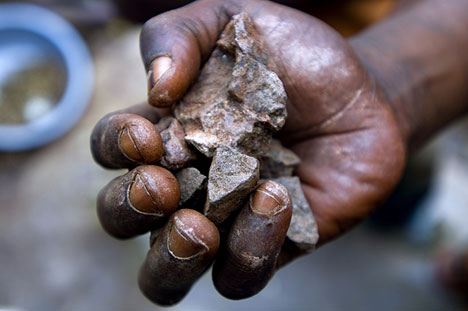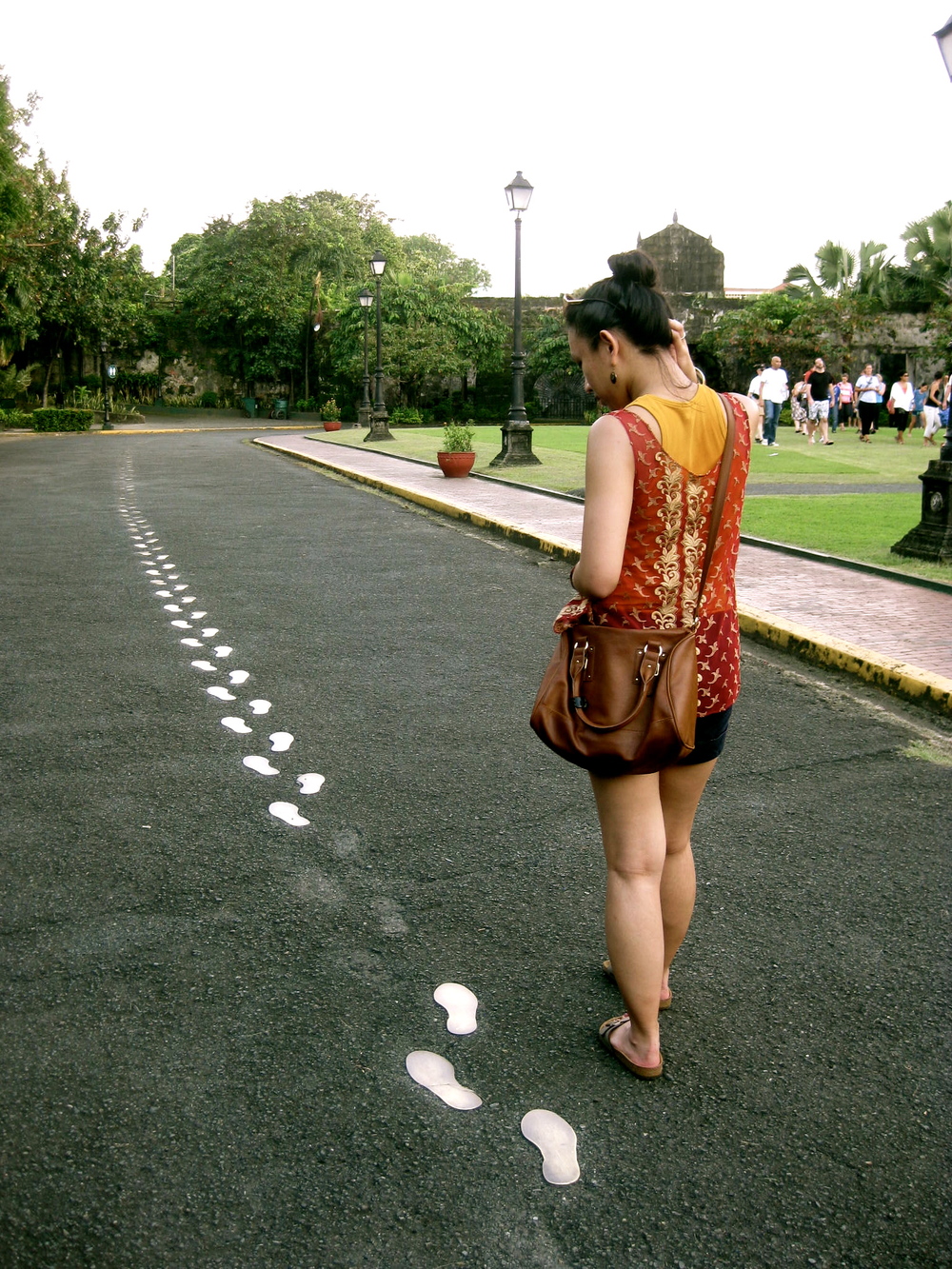I just finished reading Samantha Nutt's new book, Damned Nations, and my brain is going on overdrive trying to deconstruct all the complex issues outlined in that book. She seamlessly weaves hard facts of our world's increasing militarization (annual military spending is now at $1.5 trillion, the highest in sixty-five years) with gut-wrenching accounts of her personal experiences on the field in some of the most war-torn corners of the world. Perhaps most importantly though, Nutt poignantly reveals that often invisible but very real thread that binds us, as individuals, directly to this violence.
"We are consumers of war", Nutt bluntly writes. But more often than not, we are oblivious of this fact. Case in point: the Canadian Pension Plan, which every working Canadian citizen must contribute to, has invested some $200 million to the top arms manufacturers in the world. We Canadians are, collectively and individually -- and most probably unknowingly -- polishing the very machinery that leads to human destruction. Meanwhile, the international community is in a frenzy trying to put an arms embargo against Syria to alleviate the violence currently taking place there. It seems rather counterintuitive, doesn't it? To be placing our bets on a boom in the weapons industry and then freaking out every single time there's conflict because those same weapons are being used to kill innocent people?
 Tungsten, tantalum, tin, and gold are minerals used in our electronics...they also fund the conflict in Central Africa
Tungsten, tantalum, tin, and gold are minerals used in our electronics...they also fund the conflict in Central Africa
And then there is the more publicized issue of "conflict minerals". In a nutshell, profits from the minerals that are used to manufacture many of our electronic devices are being used to finance armed militia groups, most especially in the Democratic Republic of the Congo (where most of these mines are). Not only are civilians being murdered en-masse, but women, children, and men alike are brutally raped, re-raped, gang raped as a part of daily life (more on that here). And let's not forget the recent reports on the atrocious working conditions of the factories our mobile phones, tablets, and laptops are manufactured in...so atrocious that it has actually driven some people to commit suicide (Foxconn, anyone?).
And isn't it all just too ironic? The very technologies that have been lauded for liberating societies (think mobile phone use in the "Arab Spring"), the same technologies that are supposedly continuing our path towards greater progress are the products of rampant human rights violations. It's like taking one step forward and then two steps back. And so we are not just consumers of war, but we are also consumers of exploitation.
But then I wonder...if we really knew or understood the processes that lay behind the many things we consume, would we change our lifestyle, not wanting to be a part of such an irresponsible system? Or is the cost of human life too far removed that we just wouldn't be moved to act? I'm a bit of an optimist (maybe to a fault) so I'd like to think that the former is the case. Plus, this isn't new to us. We are aware of the exploitation happening in various developing nations and have even been moved to act before (as in the case of sweatshops). And so I'm inclined to believe that we (a good majority of us, at least) would be mobilized to act if we really knew what was happening behind all the marketing, branding, and all the shiny things made to distract us.
Already there is a growing movement towards ethical and responsible consumerism with a number of businesses offering products and services that are environmentally friendly, locally produced, and ensured against human exploitation. And then there is the growing popularity of "cash mobs" -- à la flash mobs but for shopping! -- where people spend money as a group to incentivize a business to make a socially responsible change (less sticks, more carrots).
"Every commercial transaction has a cost". And that goes deeper than the amount of money we pay...we're talking about the cost of human life here. And I think that those of us who are in a position of privelege have a responsibility to educate ourselves and be more conscious about our consumer choices....because that's just it...we have choices and simply acting guilty about these facts is needless and unproductive. At a time when humanitarianism and "doing good" seems to be on everyone's lips, a critical reflection of our motivations and actions must be our first step...


